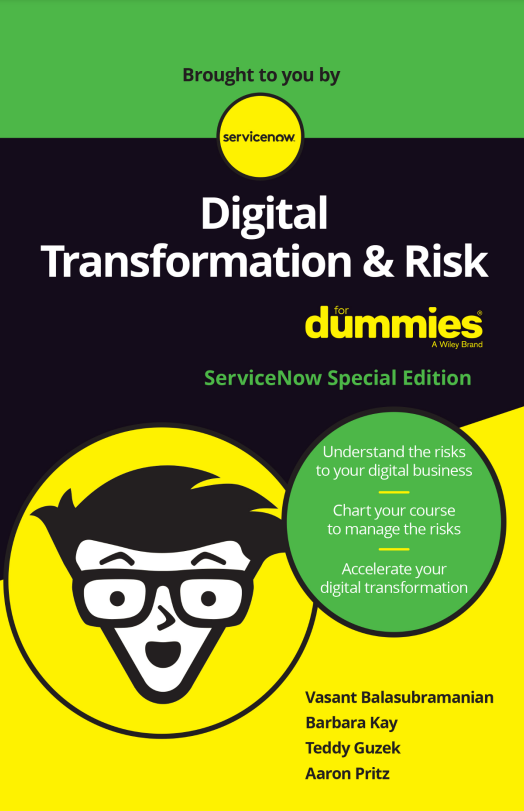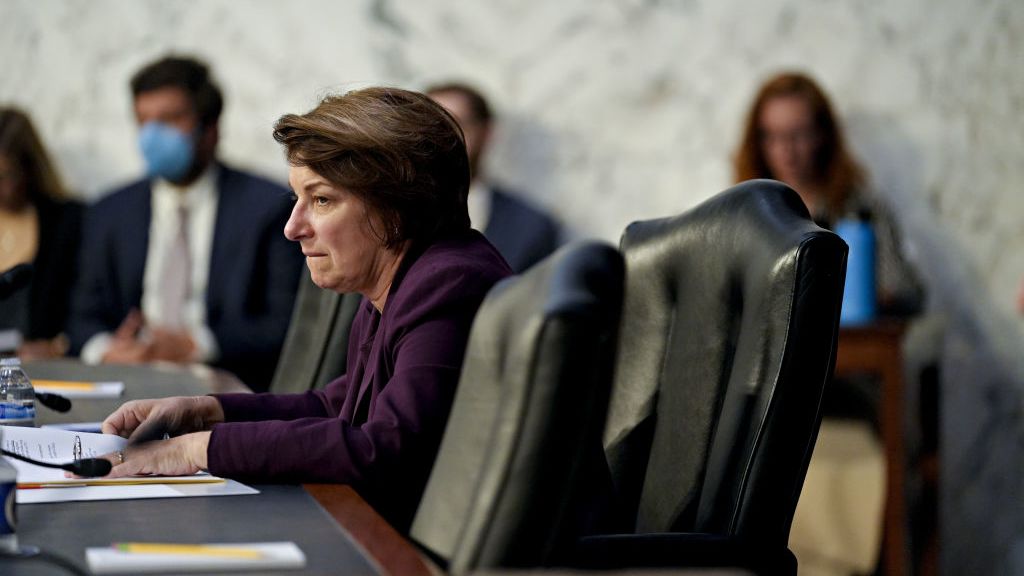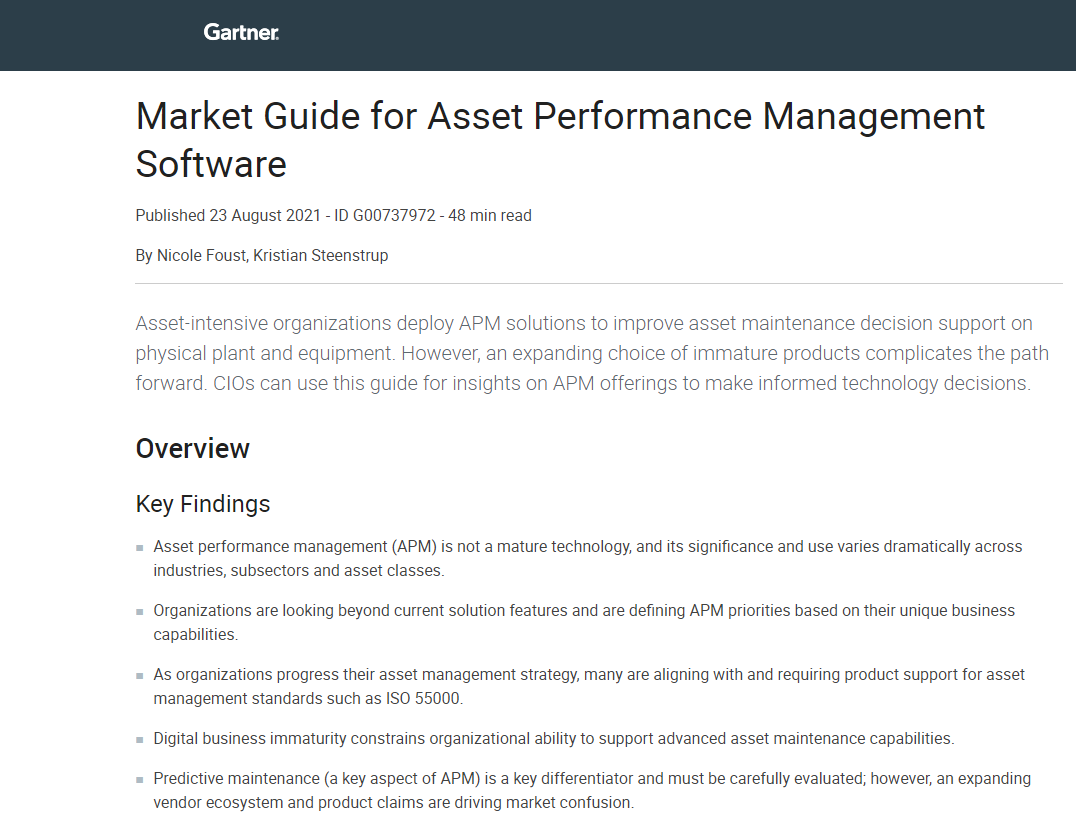HR policies need to cover software compliance, warns FAST
Industry body believes software compliance issues need to be covered in company policies.


HR directors have been urged to do a better job of educating employees about the importance of steering clear of unlicensed software.
The warning comes from industry watchdog the Federation Against Software Theft (FAST) after training firm TLE was found to be under-licensed to the tune of 28,000.
Regular software audits give you important data to put you in control of your software costs.
Updating policies to include information and guidance around what software compliance is and what it is not should be something all companies do from now on, FAST warned. Such policies need to be complemented by user education and reinforcement of that information.
The fact 14-year-old company TLE was caught unawares by the under-licensing shows just how easily non-compliance can occur. A former employee blew the whistle and FAST then wrote to the company's IT director to request a detailed audit.
"We worked closely with the IT director to identify any potential under licensing issues and as a result we are pleased to report that some 28,000 of licenses were procured. The fact that this is a skills and training provider has highlighted to us the increasing importance that employment policies are in place to advise employees on the correct use of software within the workplace," said FAST CEO Alex Hilton.
"As part of our ongoing mission to raise awareness, educate organisations and to enforce our members' intellectual property rights, we would remind all businesses about the importance of regular software auditing to ensure ongoing compliance."
To help HR departments get to grips with compliance issues in their organisation and help steer policy amendments, FAST has produced a six-step plan:
Sign up today and you will receive a free copy of our Future Focus 2025 report - the leading guidance on AI, cybersecurity and other IT challenges as per 700+ senior executives
1. Make sure that all employees see and sign a copy of the company's policy on software use.
2. Keep up-to-date information on this policy and processes in both hard copy and on the company intranet so everyone is aware what the correct procedures are when it comes to adding new software, hardware or employees.
3. Discourage employees or departments buying software on an ad-hoc or individual basis.
4. Promote greater education and awareness around software piracy and create an easy-to-follow guide.
5. Act within the company guidelines if an employee is found to have pirated software.
6. Don't let the policy stagnate once created. Indeed, ensure it is reviewed at least every six months.
"Regular software audits make complete financial sense because they give you important data to put you in control of your software costs and increase productivity, let alone avoid the costs and risk associated with non-compliance," Hilton concluded.
Maggie has been a journalist since 1999, starting her career as an editorial assistant on then-weekly magazine Computing, before working her way up to senior reporter level. In 2006, just weeks before ITPro was launched, Maggie joined Dennis Publishing as a reporter. Having worked her way up to editor of ITPro, she was appointed group editor of CloudPro and ITPro in April 2012. She became the editorial director and took responsibility for ChannelPro, in 2016.
Her areas of particular interest, aside from cloud, include management and C-level issues, the business value of technology, green and environmental issues and careers to name but a few.
-
 Microsoft wants to replace C and C++ with Rust by 2030
Microsoft wants to replace C and C++ with Rust by 2030News Windows won’t be rewritten in Rust using AI, according to a senior Microsoft engineer, but the company still has bold plans for embracing the popular programming language
-
 Google drops $4.75bn on data center and energy firm Intersect
Google drops $4.75bn on data center and energy firm IntersectNews The investment marks the latest move from Google to boost its infrastructure sustainability credentials
-
 Governance, risk, and compliance is a major growth opportunity, but how will the market develop?
Governance, risk, and compliance is a major growth opportunity, but how will the market develop?Industry Insights As DORA, NIS2, and AI regulations shake up the compliance landscape, GRC could be a golden opportunity for the channel
-
 IDC: The business value of IBM Maximo
IDC: The business value of IBM MaximoWhitepaper Integral to the transformation of asset management
-
 Digital transformation & risk for dummies
Digital transformation & risk for dummiesWhitepaper Understand the risks to your digital business and accelerate your digital transformation
-
 Food and beverage traceability
Food and beverage traceabilityWhitepaper Understanding food and beverage manufacturing compliance and traceability
-
 Ensuring compliance with the National Bioengineered Food Disclosure Standard (NBFDS)
Ensuring compliance with the National Bioengineered Food Disclosure Standard (NBFDS)Whitepaper How food manufacturers can enhance traceability with technology to be compliant
-
 US antitrust bill nearing law faces fierce tech opposition
US antitrust bill nearing law faces fierce tech oppositionNews AICO seeks to limit the extent to which tech platforms can self-promote, and has drawn tens of millions of dollars in opposition from some of the largest tech firms
-
 Amazon's use of third-party seller data to be investigated by CMA
Amazon's use of third-party seller data to be investigated by CMANews The investigation follows an almost identical one currently being carried out by the European Commission after the company was previously charged over similar practices by the European authority in 2020
-
 How to choose APM software for your business
How to choose APM software for your businessWhitepaper A market guide to Asset Management Performance software
